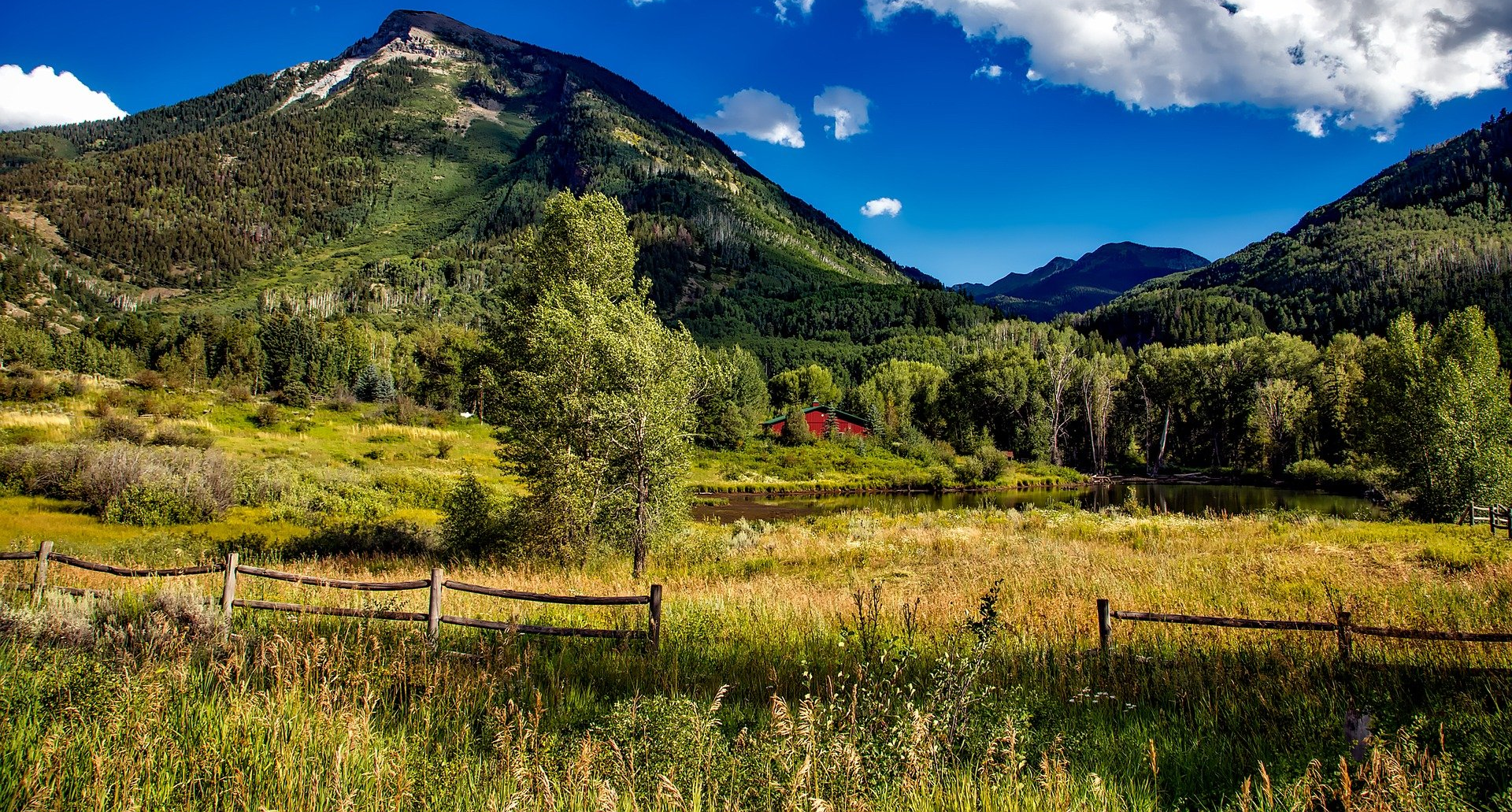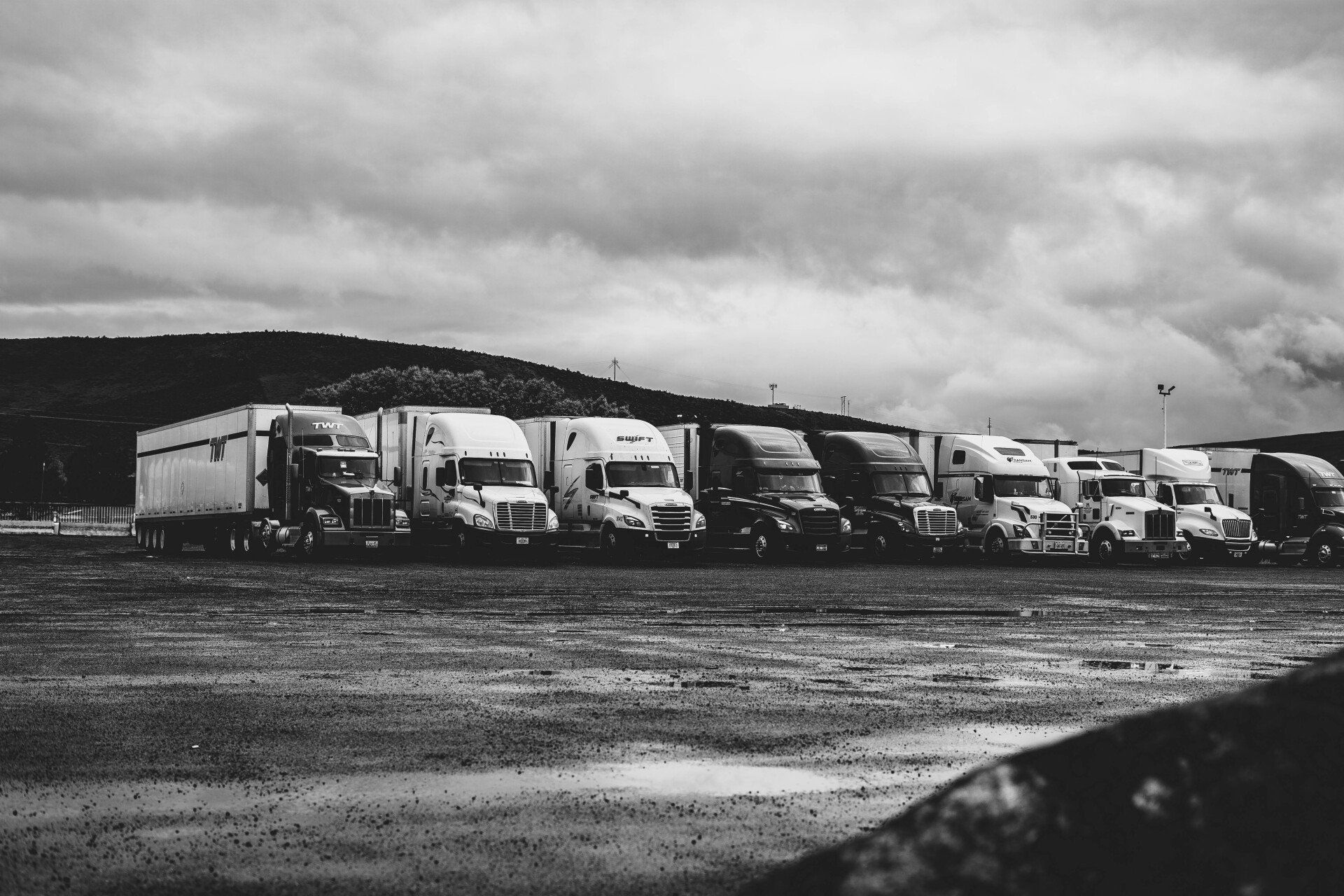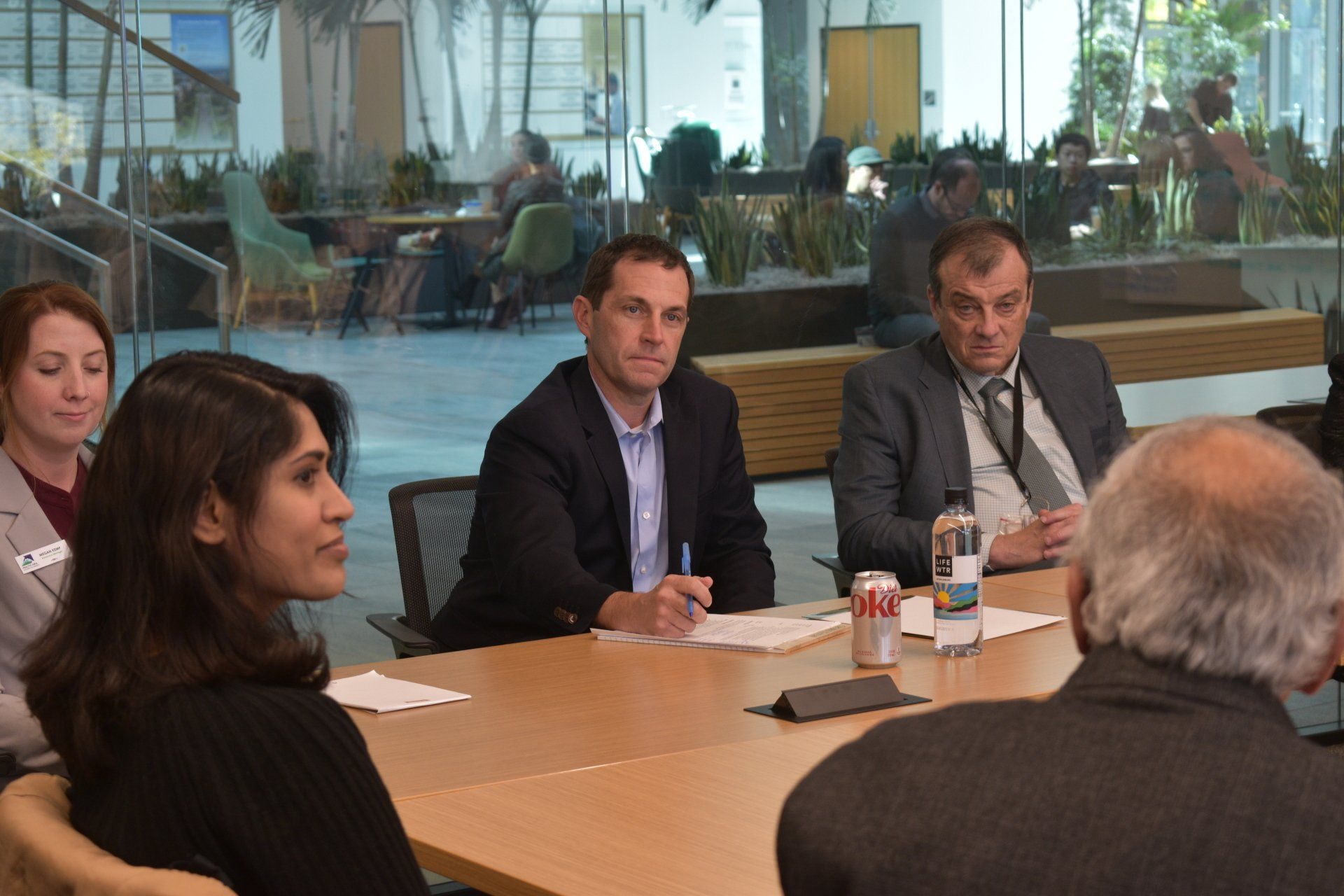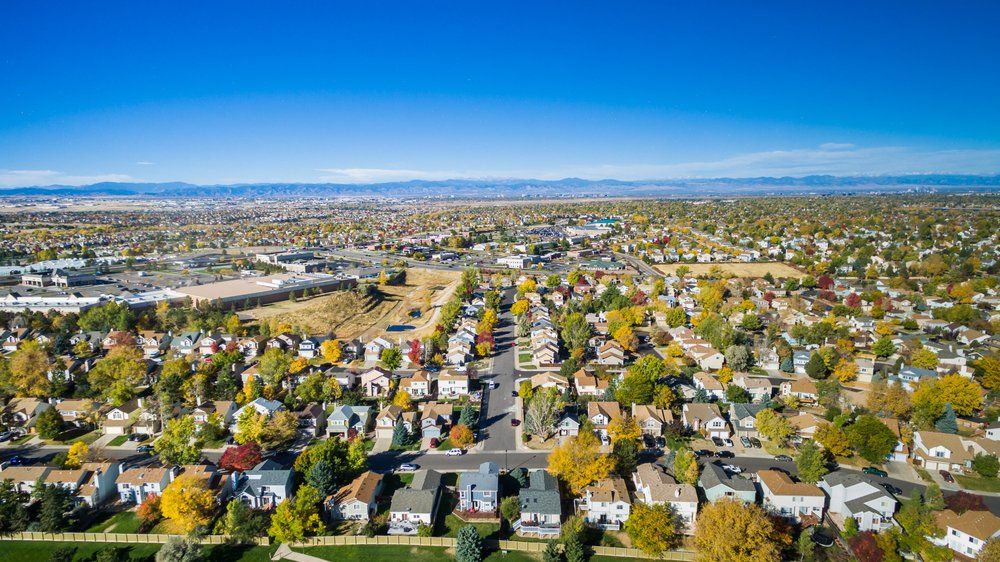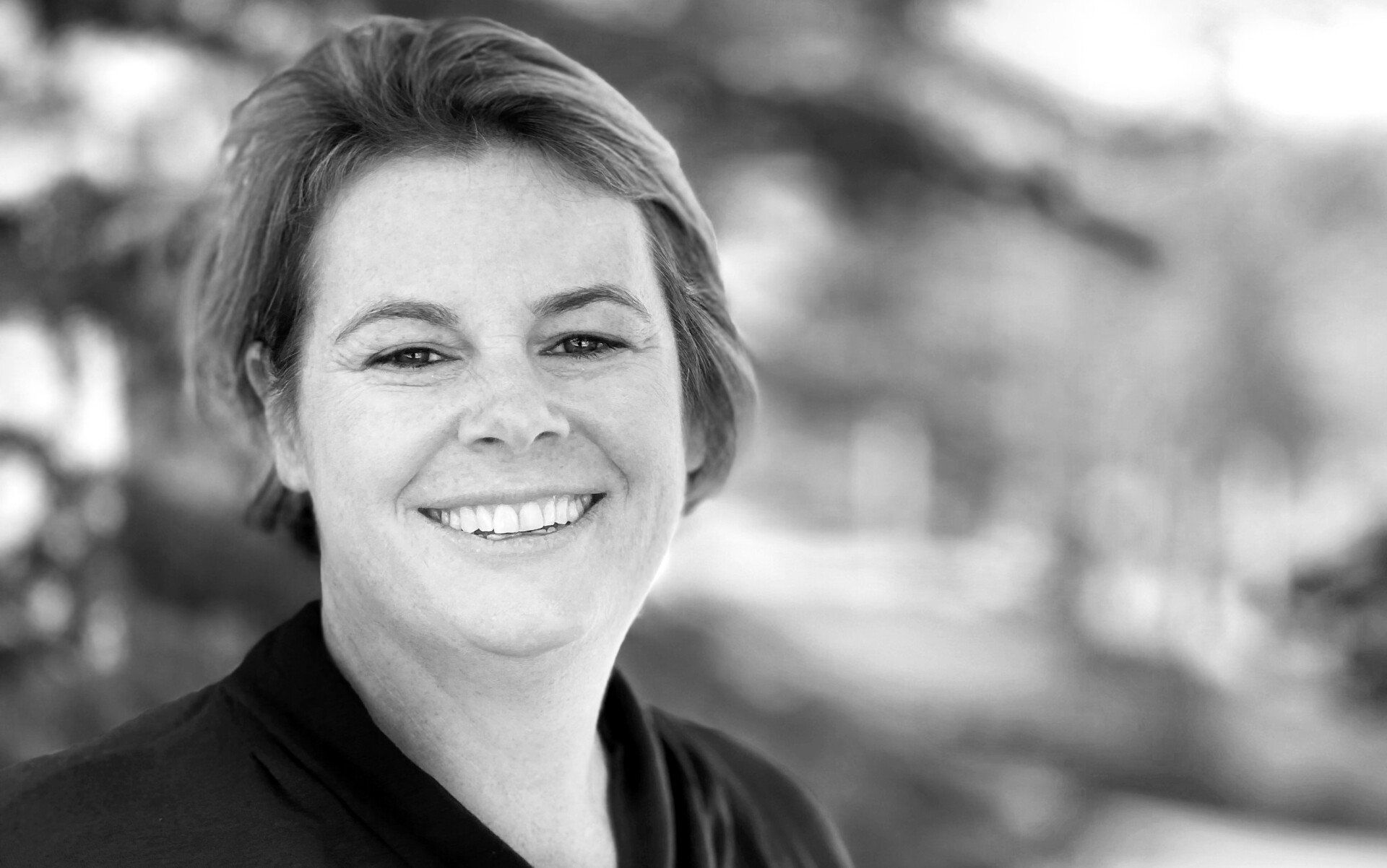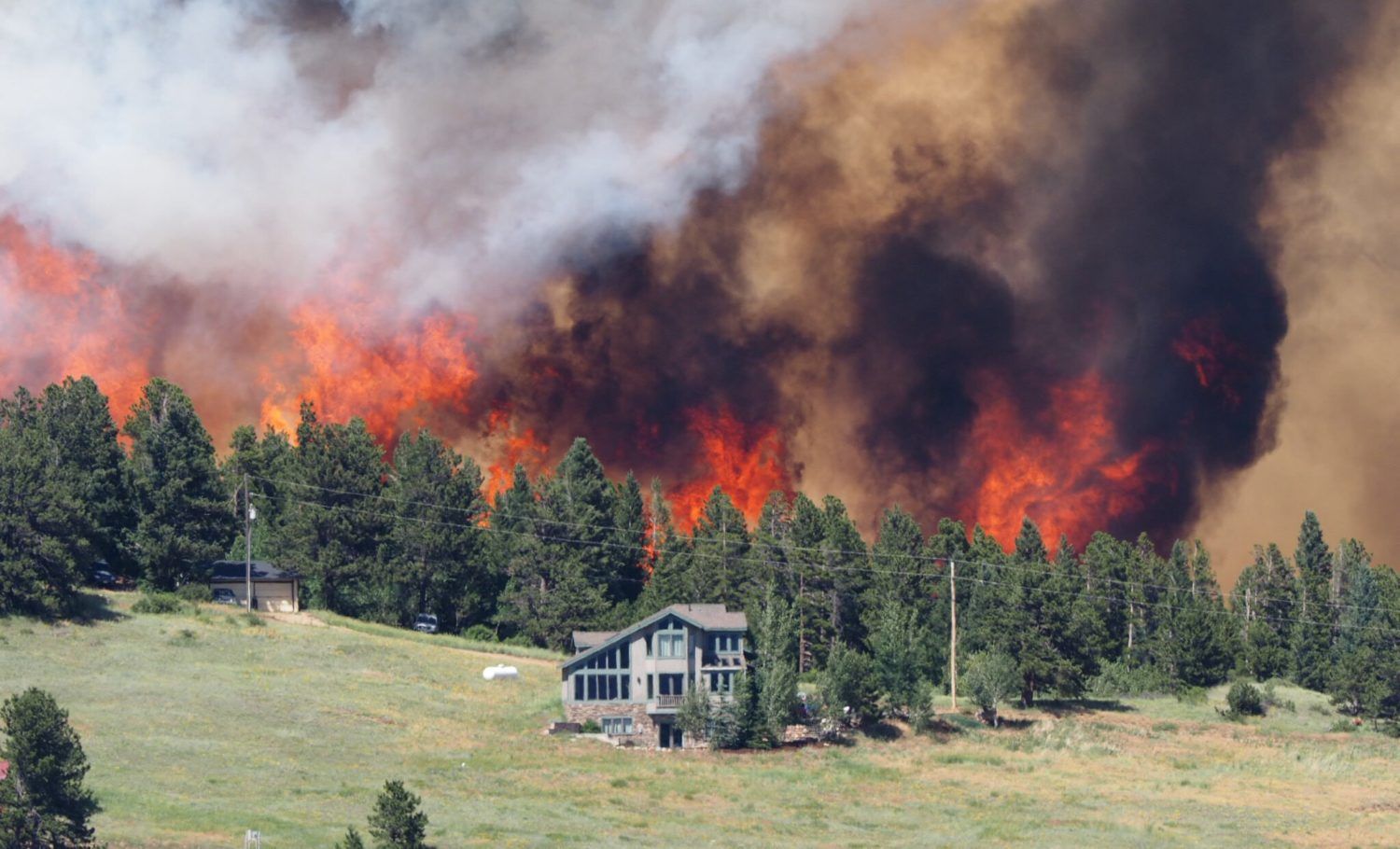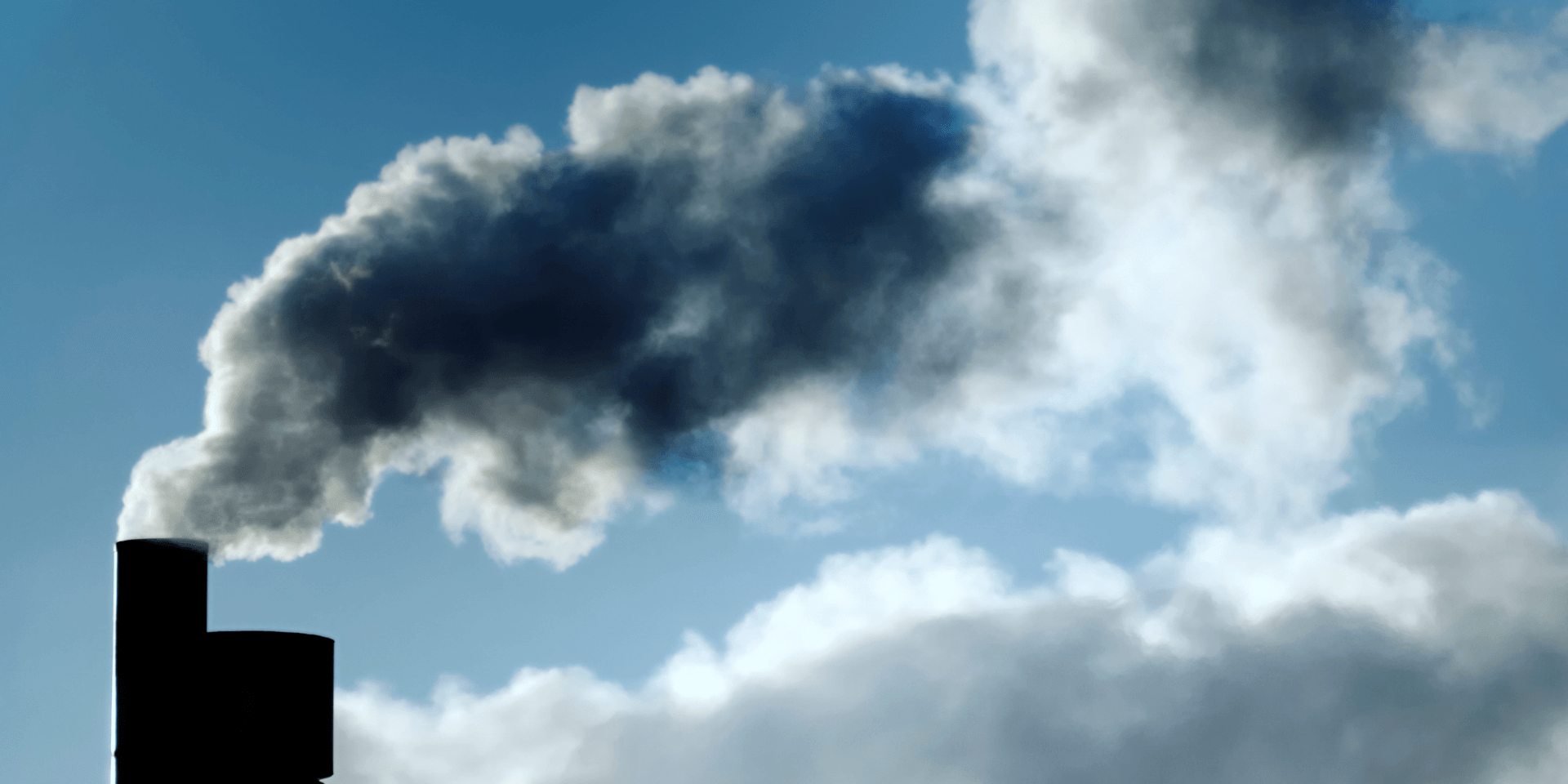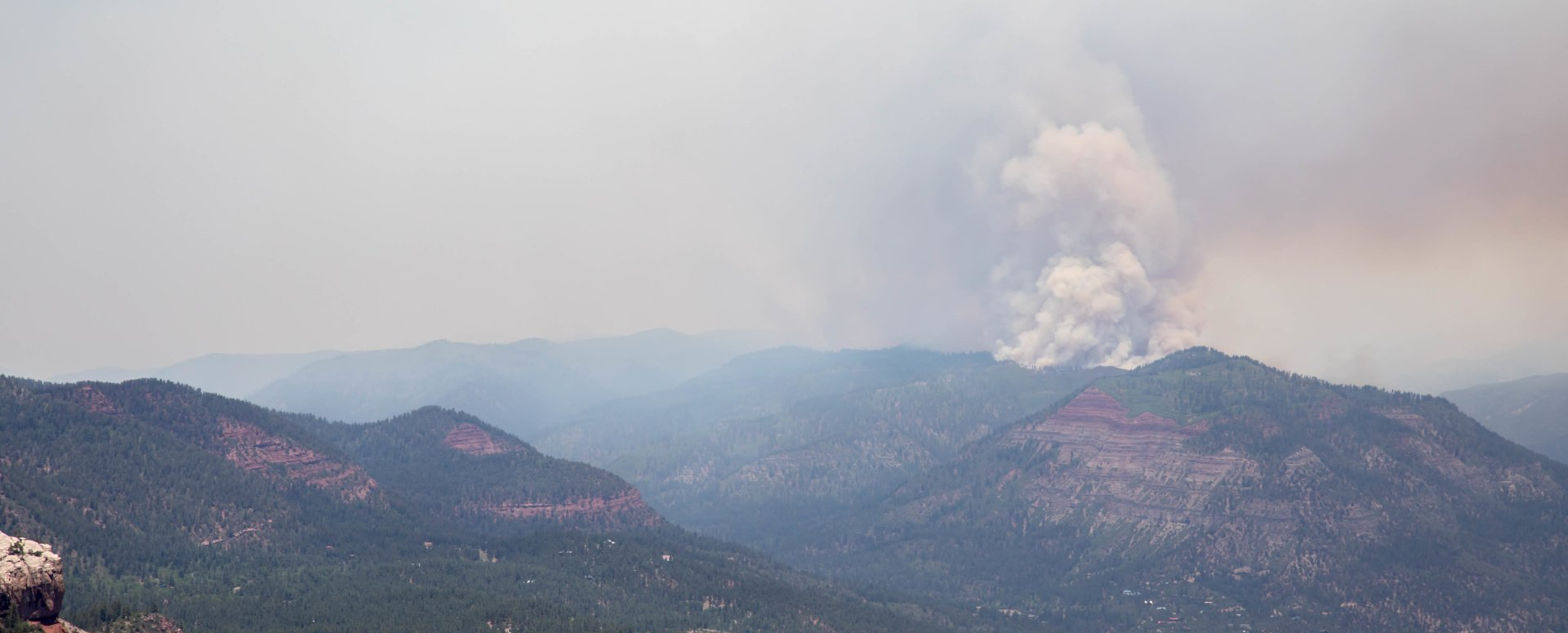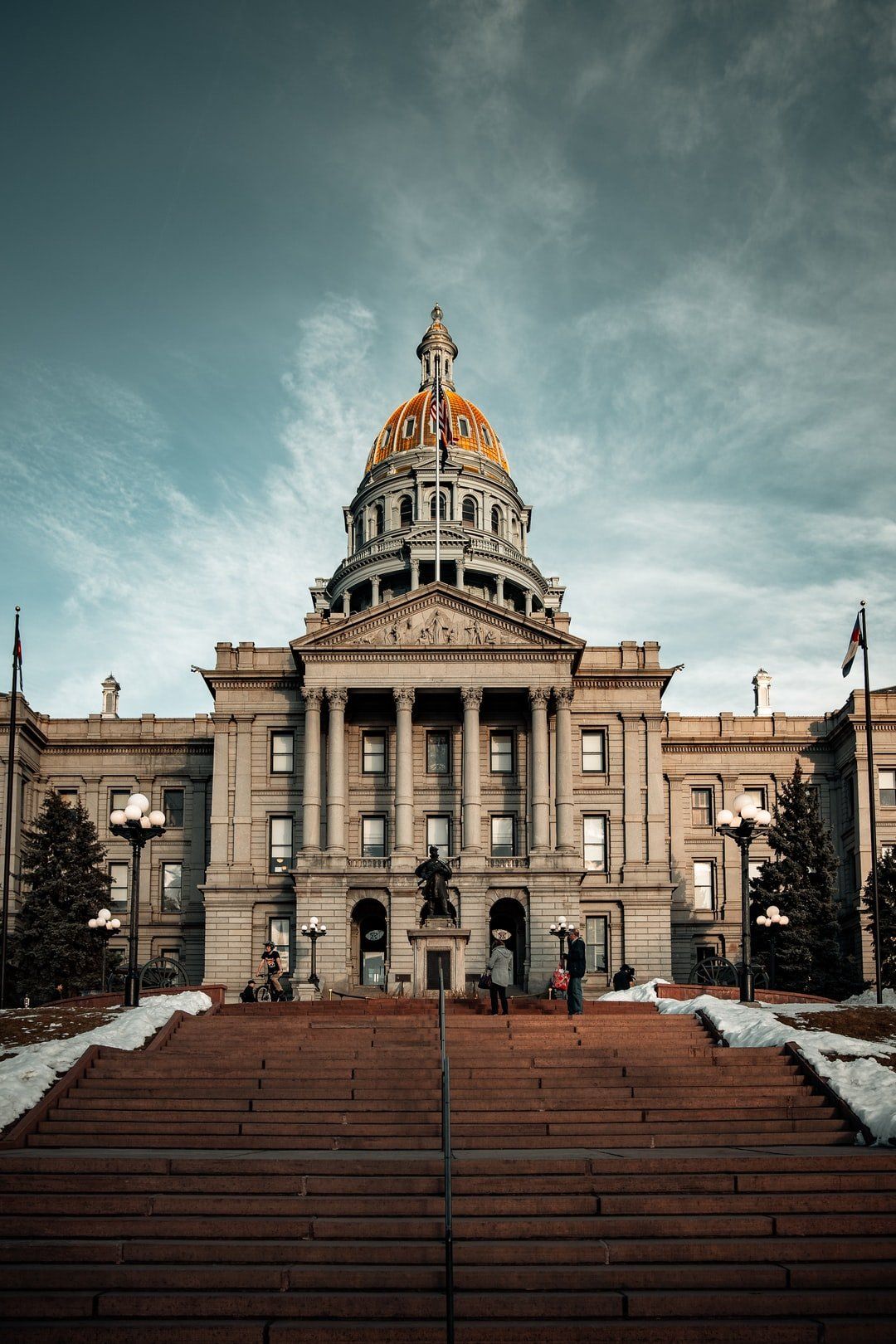Press Release: Colorado Takes Important Step in Cutting Methane Pollution, But More Action is Needed
Colorado air quality leaders vote in favor of cutting oil & gas emissions
The Colorado Air Quality Control Commission (AQCC) voted on February 21, 2025, to approve new rules implementing Environmental Protection Agency’s (EPA) 2024 oil and gas methane reduction requirements. The Regulation 7 rulemaking requires operators to eliminate methane-emitting pneumatic devices at oil and gas sites throughout the state and prioritizes reductions in areas that are violating ozone pollution standards. Colorado is the first state to incorporate these provisions into its state methane plan—due to the EPA by March 2026.
The AQCC’s rules also make improvements to the quality and consistency of air monitoring data collected at well sites, especially where people live, work and play. Advocacy groups look forward to working with the state to evaluate this important data and make further improvements to ensure that communities are informed about and protected from harmful emissions.
While the new rules strengthen Colorado’s commitments to reducing climate and ozone pollution, there is more to be done. The state is still not on track to comply with federal air quality standards, and it must adopt additional EPA methane reduction requirements before March 2026. At a pivotal moment for our planet, we will continue to push for stronger methane reduction requirements and cleaner air for all Coloradans.
Dr. Nikita Habermehl, Healthy Air & Water Colorado board member, pediatric emergency medical physician, and faculty at the CU School of Medicine, released the following statement following the rules adoption:
“Methane pollution is a silent threat to public health, exacerbating asthma and other respiratory illnesses, worsening air quality, and driving extreme heat-related illnesses, resulting in unnecessary emergency visits. By phasing out methane emissions from oil and gas, we have a critical opportunity to protect communities across Colorado. Implementing strong, statewide methane standards is a public health imperative. We appreciate the AQCC’s work to adopt nation-leading regulations to curb emissions and protect families across the state.”
Coalition members engaged in Regulation 7 rulemaking also had the below reactions to the final vote:
“Colorado is burdened by excessive levels of ground-level ozone and climate change impacts such as forest fires, floods, droughts, and degradation of biological resources,” said Ramesh Bhatt, Conservation Committee Chair, Sierra Club Colorado. “We are glad that the AQCC has recognized that methane pollution from oil and gas operations is a root cause of these crises and has adopted rules to reduce this pollution and conform to federal requirements. We hope to see these rules properly enforced and further regulations added to reduce pollution from the oil and gas industry.”
“Today marks another step forward in protecting children’s health by further reducing pollution from oil and gas operations for both children living in the ozone nonattainment area and also children most impacted by higher polluting facilities on the western slope,” said Laurie Anderson, CO Field Organizer, Moms Clean Air Force. “We appreciate the dedication and continued efforts of the Commissioners and the staff at the Division since this rule will not only improve our air quality, but also makes Colorado the first state to comply with a portion of the Federal Methane Rule – setting the stage for other states to follow.”
“The rules passed today, eliminating methane-emitting pneumatic controllers and prioritizing emission reductions in Colorado’s most heavily polluted regions, are a good step in Colorado’s fight against climate-harming emissions,” said Andrew Forkes-Gudmundson, senior manager for state policy at Earthworks. “The adoption of these rules today carries extra importance as Colorado becomes the first state to adopt portions of the EPA’s national methane rule, doing so well ahead of schedule. We appreciate the Commission’s commitment to rapid implementation of the methane rules.”
“At a time when the Trump administration is dismantling environmental safeguards and abandoning climate action, it is refreshing to see Colorado forge a different path by adopting common sense rules that will help combat ozone pollution and accelerate progress towards Colorado’s climate goals,” said Robin Cooley, Deputy Managing Attorney at Earthjustice. “We look forward to building on this progress and urge other states to follow Colorado’s lead in eliminating unnecessary methane pollution from the oil and gas industry.”
“Latino communities in Colorado have endured the harmful effects of methane pollution that have impacted our health and environment for generations,” said Patricia Garcia-Nelson, Colorado Fossil Fuel Just Transition Advocate, GreenLatinos Colorado. “As Colorado moves forward with new methane regulations, the Commission must adopt the strongest possible protections to hold polluters accountable and prevent ongoing harm. This includes enforcing shorter time frames for monitoring and repairing leaks to stop prolonged exposure to toxic emissions. We must continue to be an example to the nation while safeguarding public health and ensure a just transition away from fossil fuels.”
“Preventing methane pollution is critical for Latinos because children in our communities are twice as likely to die of asthma than white children due to exposure to environmental degradation,” said Julian Guevara, Community Organizer, Mi Familia En Acción. “We know that communities on the Western Slope and Front Range, often home to vulnerable populations, suffer the most from elevated methane and Volatile organic compounds (VOC) emission levels, leading to severe health issues such as respiratory problems and increased asthma rates among Latinos in Colorado. This rulemaking is another step in the right direction and we must continue to ensure that environmental justice remains at the forefront of Colorado’s air quality strategy.”
“From the Western Slope to the Front Range, Colorado communities across the state are experiencing the impacts of a warming climate. Cutting methane emissions from the oil and gas sector by eliminating the use of natural gas-emitting pneumatic devices is essential to community health and addressing the climate crisis,” said Jessica Pace, Interim Executive Director at Western Leaders Network. “ We commend the Air Quality Control Commission for adopting key EPA methane rule provisions in this rule and look forward to working with the state to ensure all Coloradans receive timely protection from pollution.”
“The Western Slope is both one of the fastest warming regions in the United States and is one of the top 5 emitters of methane from the oil and gas industry in the country. As such, we welcome the new rules from the AQCC to further reduce methane emissions in Colorado,” said Leslie Robinson, Chair, Grand Valley Citizens Alliance. “The decision to adopt the faster retrofit timeline for these pneumatic devices and targeting some of the largest sites in Western Colorado ensures that all Colorado communities receive timely protection from harmful pollutants. We also hope that the AQCC can quickly apply these retrofits to all oil and gas sites in Western Colorado as soon as possible.”
“Colorado’s most vulnerable communities need clean air now. Strengthening methane regulations and cutting pollution doesn’t just protect our environment—it safeguards the health of communities across the state,” said Tykee James, Senior Environmental Justice Campaign Manager, Conservation Colorado. “These new rules are essential to ensuring cleaner air, especially for those who are hit hardest by pollution and climate change. This is a critical step toward a healthier, more just future for all Coloradans.”
###
